Stranger Anxiety in Babies and Toddlers – Signs and Tips to Deal with It

- What Is Stranger Anxiety?
- Why Are Young Children Afraid of Strangers?
- When Does Separation Anxiety Begin in Babies?
- Symptoms of Stranger Anxiety in Infants and Toddlers
- Common Problems Associated With Stranger Anxiety
- How to Help Your Child Feel Comfortable Around Strangers
- Can You Prevent Stranger Anxiety in Young Children?
- How Long Does Stranger Anxiety Last in a Child?
- FAQs
In the process of growing up, your baby will start recognizing who his caretakers are and will generally be extremely aware of whose presence he is in. However, stranger anxiety in babies & toddlers is also commonly observed around this time. Infant stranger anxiety often emerges as a natural developmental stage, where the child becomes wary of unfamiliar faces. A child needs to feel safe and secure no matter the age he is, and the presence of an unknown person might make him feel like there’s a potential threat. This reaction is a normal part of emotional development as babies learn to distinguish between familiar and unfamiliar individuals. Let’s read on to learn more about the fear of strangers in babies.
What Is Stranger Anxiety?
For a 2-year-old, stranger anxiety might be a condition you would immediately associate him with, but it is necessary to know what exactly can be termed as stranger anxiety in the first place.
Stranger anxiety is a form of distress babies, and toddlers feel when they are exposed to people unfamiliar to them (1). This is a good milestone marker for your child’s growth since it relates to the proper development of memory and recognition. The degree of anxiety varies from child to child; some are extremely shy or fearful, while others feel a wee bit weird.
Why Are Young Children Afraid of Strangers?
Young children are just getting used to the people taking care of them and wish those to be the only permanent members around them. When this image of their parents starts getting immortalised in their brains, the presentation of a new image causes dissonance within, leading them to start feeling the fear of abandonment, making them sad and fearful of a stranger (2).
When Does Separation Anxiety Begin in Babies?
Separation anxiety in babies typically begins around 6-8 months of age, although it can sometimes start as early as 4-5 months (3). This phase coincides with the baby’s growing cognitive development as they start to understand object permanence—the idea that people and objects continue to exist even when out of sight.
Symptoms of Stranger Anxiety in Infants and Toddlers
The signs of stranger anxiety being present in your child are not hard to spot, and can generally be observed whenever social interactions are taking place. These are seen in the following conditions (4).
- Apprehension when interacting with other kids
- Seeing an unknown person or guest at home
- When the stranger making attempts to get closer
- The person is dressed in a different manner
- Being alone in a room with the person
- Breathing rapidly to calm down
- Running around the house looking for you
- Hiding behind an object
- Facing away from the stranger
- Moving to the other side of the room
- Getting too fussy
- Start crying uncontrollably
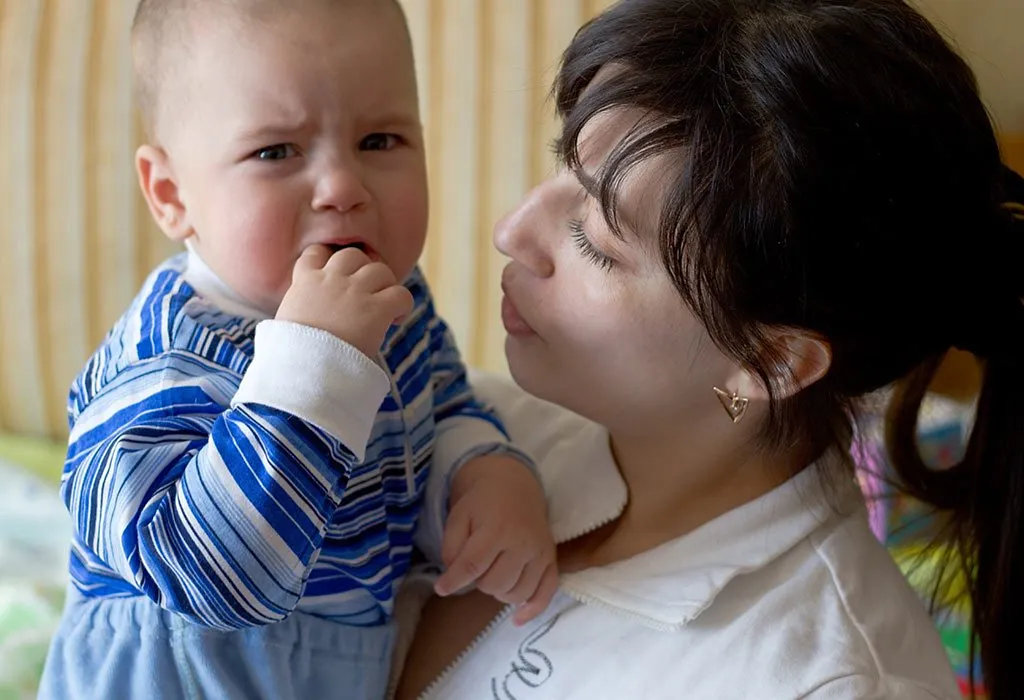
Common Problems Associated With Stranger Anxiety
Handling a baby with stranger anxiety can pose numerous issues to you as well as the other person. Excited relatives might feel rejected on seeing a kid behave in this manner, while parents might have a hard time getting him used to babysitters or the caretakers at a creche.
How to Help Your Child Feel Comfortable Around Strangers
There are a few simple ways stranger anxiety can be reduced, and your child can gradually be made to feel comfortable around a person or a similar environment. Here’s what can be done for overcoming stranger anxiety in babies (5)–
1. Let the New Person Cooperate
Allow the new person to interact with the child from a distance by talking to him or playing peek-a-boo or other games to get his guards down.
2. Inform the Person Beforehand
If your child is meeting someone new, let them know that he has trouble dealing with new people right away. This will help them control their actions accordingly and not approach the child directly.
3. Maintain Your Presence
Your child will feel much more secure if you are in the same room or in his sight while the stranger is present. Interacting with the new person together can make his anxiety fade away.
4. Be Patient
Stranger anxiety will not fade away within a day or a week. Your child will take his own time to develop his courage and get used to new people. Allow him to do so.
5. Acknowledge His Fear
Don’t brush away his concerns or behaviour. Let him know you understand his feelings by not forcing him to interact and supporting him when needed.
6. Empathise With Your Child
If your little one has an extreme case of stranger anxiety, do your best to reduce those interactions in the early stages. Don’t put him in a position that might trigger it.
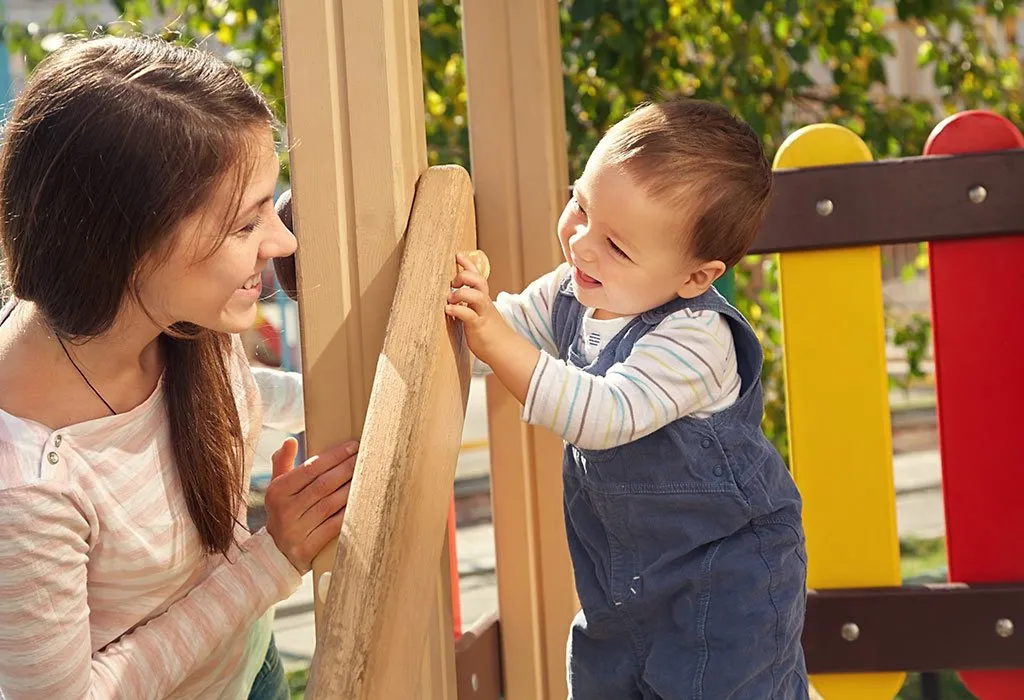
Can You Prevent Stranger Anxiety in Young Children?
Severe stranger anxiety in toddlers is quite rare, but that leads parents to wonder if they can prevent it altogether. Pushing them in uncomfortable scenarios and engaging them to interact might seem sensible, but it isn’t always so. Children take their own time in getting used to the world, and there’s no way you can prevent it. It can worsen if you scold your child for expressing what he feels.
How Long Does Stranger Anxiety Last in a Child?
There is no specific age to demarcate how long stranger anxiety tends to last. Girls seem to be better in this regard, while boys might take up to 2 years to get comfortable with strangers.
FAQs
1. Can stranger anxiety in babies be linked to sensory overload?
Yes, stranger anxiety in babies can sometimes be linked to sensory overload. Babies are highly sensitive to new stimuli, and an unfamiliar face, voice, or even scent can overwhelm their developing sensory systems, triggering anxiety or distress.
2. Can stranger anxiety in infants be influenced by cultural factors?
Yes, cultural factors can influence the expression and intensity of infant stranger anxiety. In cultures where extended family or community involvement is high, babies may adapt more quickly to unfamiliar faces. Conversely, in more isolated environments, stranger anxiety might be more pronounced due to limited exposure to new people.
The fear of strangers in toddlers is not irrational and is a natural consequence of the way we all grow up as human beings. Stepping out of the comfort zone and coming to terms with the unknown requires time, and your child will do this in his own good time. Support him through the phase, and he will very soon be interacting with numerous people in multiple ways.
References/Resources:
1. Springer Nature Link – Stranger Anxiety
3. American Academy of Pediatrics – How to Ease Your Child’s Separation Anxiety
4. Cleveland Clinic – Separation Anxiety in Babies
5. Nemours Kids Health – Separation Anxiety
Also Read:
Dealing With Separation Anxiety in Babies
How to Deal with Separation Anxiety in Children
Generalized Anxiety Disorder (GAD) in Preschoolers
Was This Article Helpful?
Parenting is a huge responsibility, for you as a caregiver, but also for us as a parenting content platform. We understand that and take our responsibility of creating credible content seriously. FirstCry Parenting articles are written and published only after extensive research using factually sound references to deliver quality content that is accurate, validated by experts, and completely reliable. To understand how we go about creating content that is credible, read our editorial policy here.







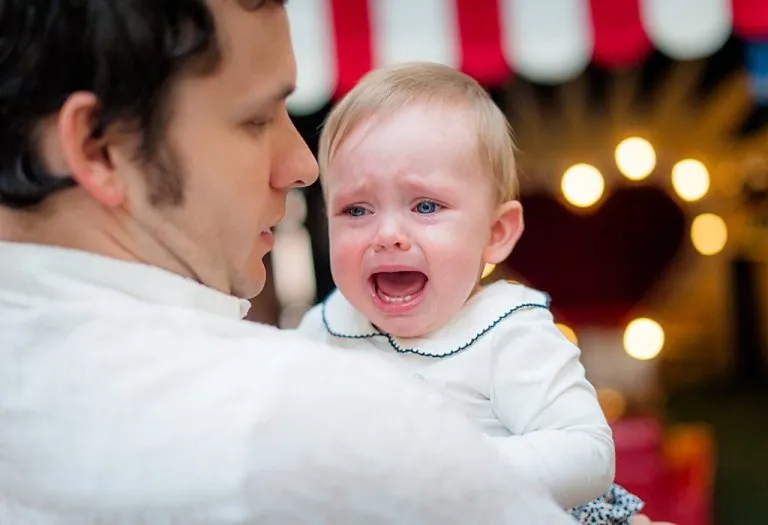
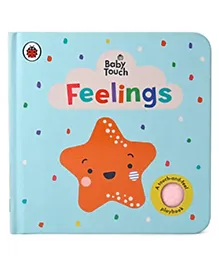
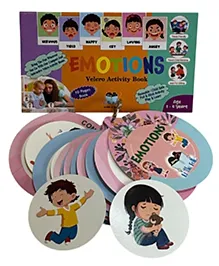
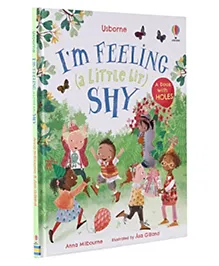
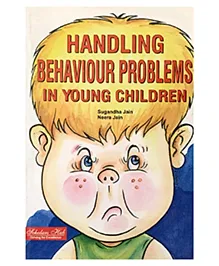
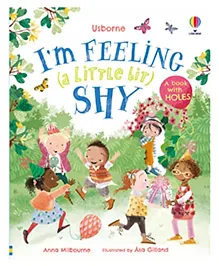
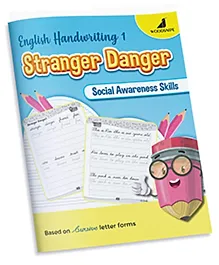

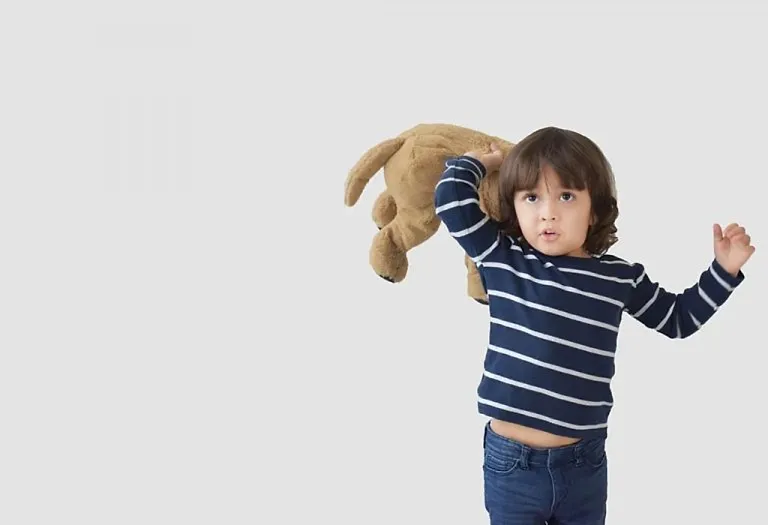
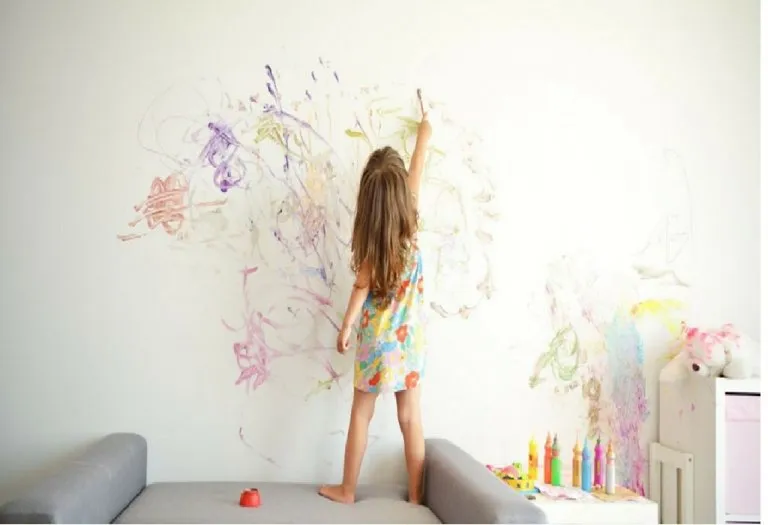

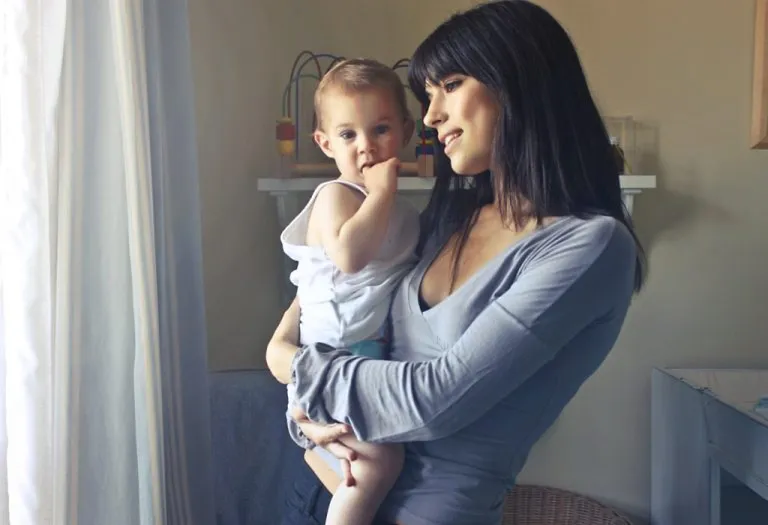
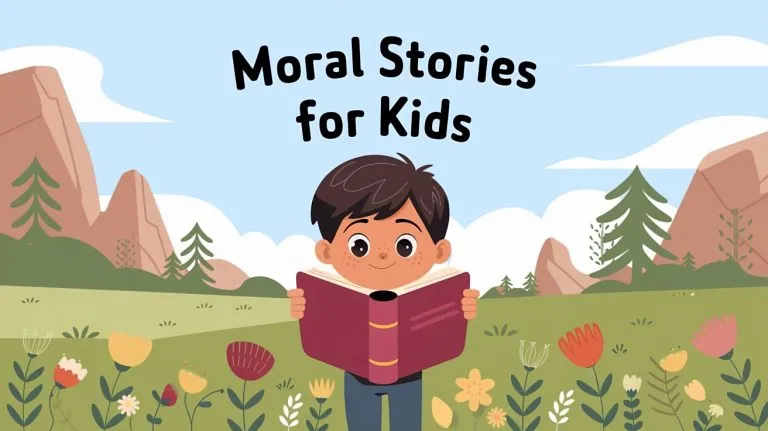

.svg)


















